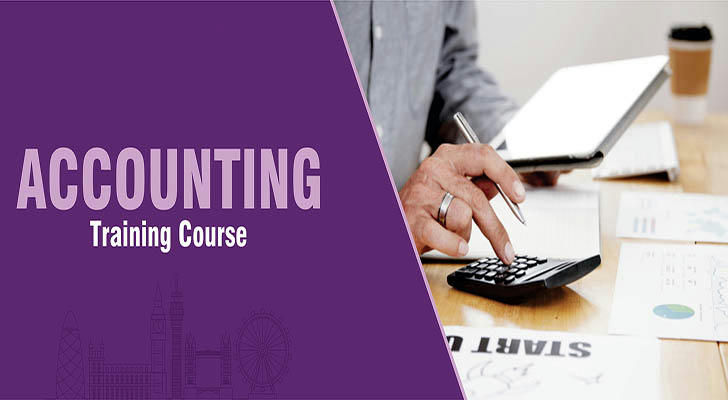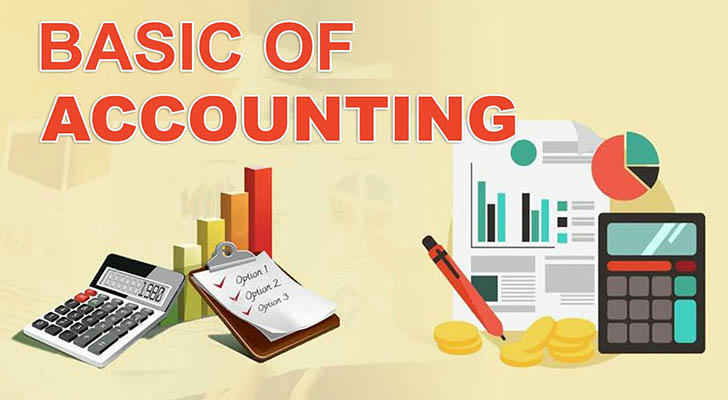Want to be an accountant? You must have this accounting assistant course guide!

Accounting, this profession that may sound a bit boring, actually plays a vital role in modern society. Whether it is a large company or a small business, accountants are needed to manage finances and ensure the healthy operation of the enterprise. If you are sensitive to numbers, like to analyze problems, and are interested in the financial field, then becoming an accountant may be a good choice.
What skills do accounting assistants need?
Core skills:
• Solid accounting basics: Understand the basics of accounting standards, accounting entries, accounting statements, etc., and be able to accurately perform accounting.
• Proficient in financial software operation: Proficient in QuickBooks, SAP, Oracle and other financial software to improve work efficiency.
• Data analysis ability: Ability to analyze financial data, find problems, and make suggestions. Tax knowledge: Understand tax laws and regulations and be able to handle tax matters correctly.
• Financial statement analysis: Ability to analyze financial statements such as balance sheets, income statements, cash flow statements, and evaluate the financial status of the company.
Soft skills:
• Communication skills: Ability to communicate effectively with colleagues, superiors, and customers and coordinate work.
• Teamwork ability: Ability to complete tasks with team members.
• Problem-solving ability: Ability to analyze problems and find solutions.
• Learning ability: The accounting industry is developing rapidly and requires continuous learning of new knowledge.
• Carefulness and patience: Accounting work requires a high degree of care and patience to ensure the accuracy of data.
How to become an accountant without any foundation?

1.Lay a good foundation
• Accounting principles: Understand the basic concepts of accounting, such as assets, liabilities, owner's equity, income, expenses, etc., and master the accounting equation.
• Accounting cycle: Understand the entire accounting cycle from original vouchers to the preparation of financial statements.
• Accounting subjects: Familiar with commonly used accounting subjects, such as cash, bank deposits, accounts receivable, inventory, etc.
2.Master accounting software
• QuickBooks: Commonly used accounting software for small businesses.
• SAP, Oracle: ERP systems commonly used by large enterprises, including financial modules.
• Excel: Widely used for data analysis and report preparation.
3.Do more exercises
• Exercises: Consolidate the knowledge learned by doing a large number of exercises.
• Simulation operation: Use accounting software to perform simulation operations and become familiar with the accounting process.
• Participation in projects: Participate in actual accounting projects and accumulate experience.
How to choose an accounting assistant course that suits you?

1.Clarify your learning goals
• Short-term goals: Do you want to obtain an accounting certificate (such as CPA) or just improve your financial knowledge?
• Long-term goals: Do you want to work in public accounting (such as a firm), management accounting (such as within a company) or government accounting?
• Career planning: What plans do you have for your future career development?
2.Assess your basic knowledge
• Mathematical foundation: Accounting involves a lot of calculations, and a good mathematical foundation is very important.
• Computer skills: Proficiency in office software such as Excel is a must, and understanding accounting software (such as QuickBooks) is also a plus.
• English proficiency: If you want to work as an accountant in the United States, good English reading and writing skills are necessary.
3.Choose the right learning method
• Traditional universities: Offer comprehensive accounting degree programs, but the tuition is higher and the time is longer.
• Community colleges: Offer basic accounting courses with lower tuition, suitable for people who want to understand accounting first.
• Online courses: Coursera, edX, Udemy and other platforms offer flexible online courses suitable for people with limited time.
• Training institutions: Provide targeted training, such as CPA exam preparation courses.
4.Consider course content
• Core courses: Principles of accounting, financial accounting, management accounting, cost accounting, etc.
• Elective courses: Tax law, auditing, financial management, etc.
• Practical courses: Provide opportunities for practical operations, such as accounting software operation, financial statement analysis, etc.
5.Compare different schools and courses
• School rankings: Refer to the rankings of ranking agencies such as US News and choose schools with higher reputations.
• Teaching staff: Understand the background and experience of the instructors.
• Course settings: Compare the course settings of different schools and choose courses that are more in line with your goals.
• Employment rate: Understand the employment situation of graduates and the employment services provided by the school.
• Tuition and scholarships: Compare the tuition fees of different schools and find out if there are scholarship opportunities.
Actual case

Mike has been particularly sensitive to numbers since he was a child and is curious about the business world. After graduating from high school, he decided to teach himself accounting. Using online platforms such as Coursera and edX, Mike systematically studied courses such as financial accounting and management accounting. He also joined the accounting student forum to exchange ideas with other learners. In order to gain a deeper understanding of US tax laws, he subscribed to professional tax blogs and purchased mock test questions for the CPA exam. Through continuous learning and practice, Mike not only mastered solid accounting knowledge, but also successfully passed the CPA exam, laying the foundation for him to find an ideal accounting job.
Conclusion
Becoming an accounting assistant can not only get a stable job, but also lay a solid foundation for your career development. By studying accounting assistant courses and mastering relevant knowledge and skills, you will have the opportunity to succeed in the financial field.
